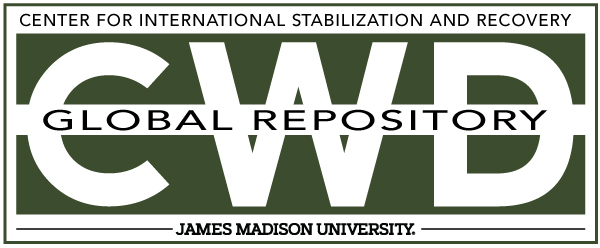Document Type
Other
Creative Commons License

This work is licensed under a Creative Commons Attribution-Noncommercial-No Derivative Works 4.0 License.
Publication Date
2018
Keywords
Centers and Organizations, NPA, Norwegian, People's, Aid
Abstract
NPA’s Result Framework in the Cooperation Agreement with Norad 2016-2019 is built on the logic that for people toinfluence democratisation processes in their societies they have to mobilise, and to mobilise they have to be organised.
We have structured the Periodic Result Report 2016-2018 in five chapters. The first chapter is an Introduction to NPA and our Civil Society Programme, including a profile of our partners. The second chapter on Results is split in five sections. The first section briefly presents the different country contexts where partners operate, including working conditions for CSOs and examples on how partners have sought, and achieved, to influence democracy in their societies. The second section reflects on partners’ capacity to mobilise around common issues, and the achievements made by demanding implementation of existing laws, or protest against corrupt authorities and breach of human rights. The third section reflects on partners’ capacity to organise people with a common cause, and achievements. made in strengthening competencies and capacities, making them more democratic and inclusive, and increasing their memberships when relevant. Selected result examples provide more in-depth experiences within each of these sections. The fourth section reflects on Project implementation, including a reflection on risks and cost efficiency. The fifth section describes NPA’s added value. Norwegian People’s Aid - Periodic Results Report 2016-2018 5 Chapter three, Other issues, includes cooperation and cross-cutting issues. Chapter four includes evaluations and reviews, lessons learned, and sutstainability. Chapter five is an Overview of finances. Finally, an annex lists partner abbreviations, their full names and country.
The indicator “yearly targets” largely relate to number of partners. Hence, when numbers of partners change, yearly targets change. Several country programmes have reduced or increased number of partners during the period, or changed partners initially listed in plans and result framework. For instance, Mozambique added four new partners in 2017, and Palestine added six partners in 2018 to assess whether these could be more long-term partnerships in the years to come.
Included in
Defense and Security Studies Commons, Peace and Conflict Studies Commons, Public Policy Commons, Social Policy Commons



